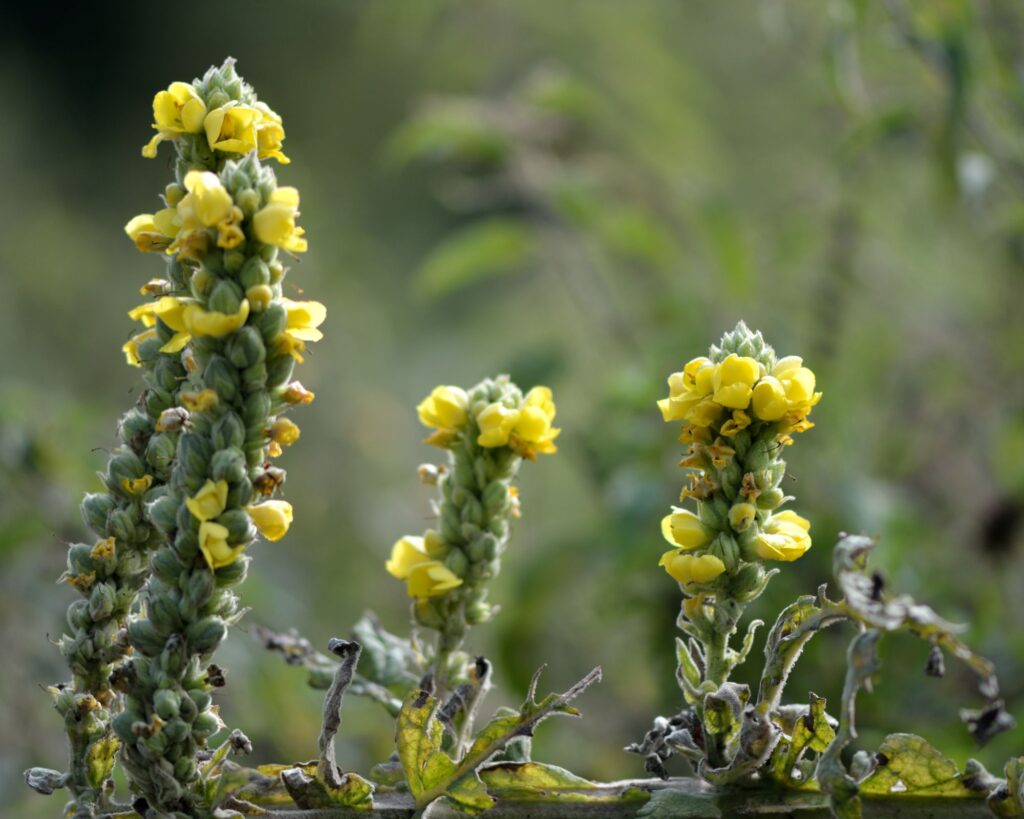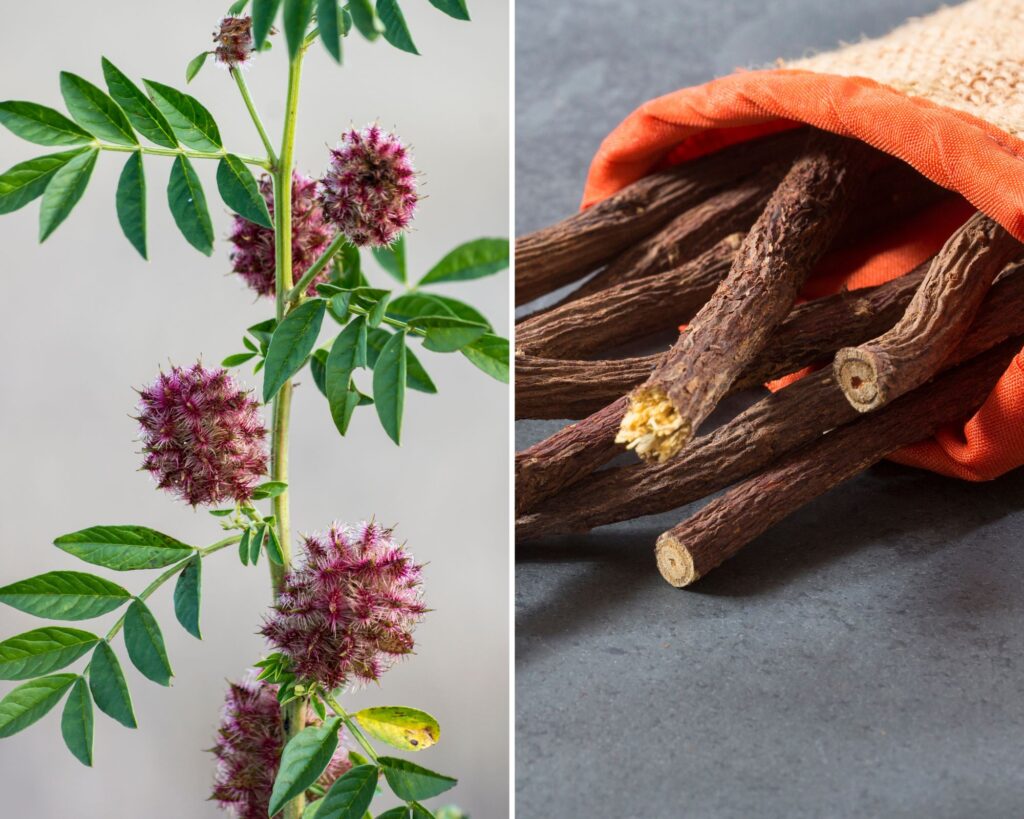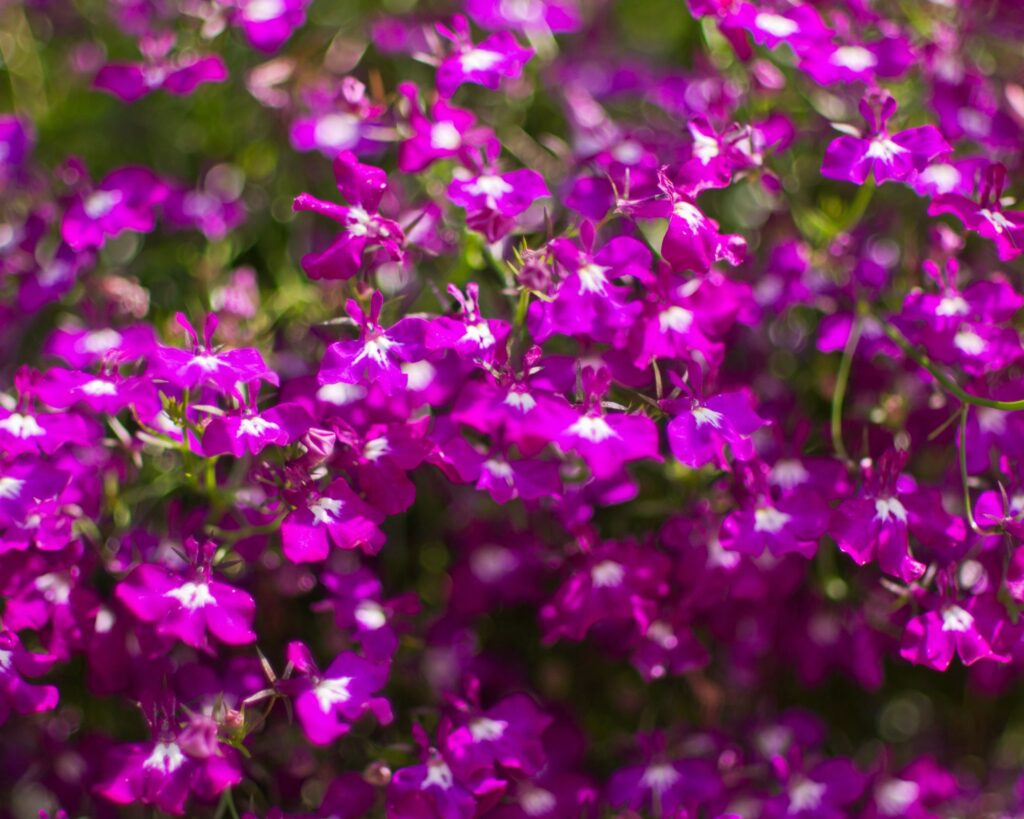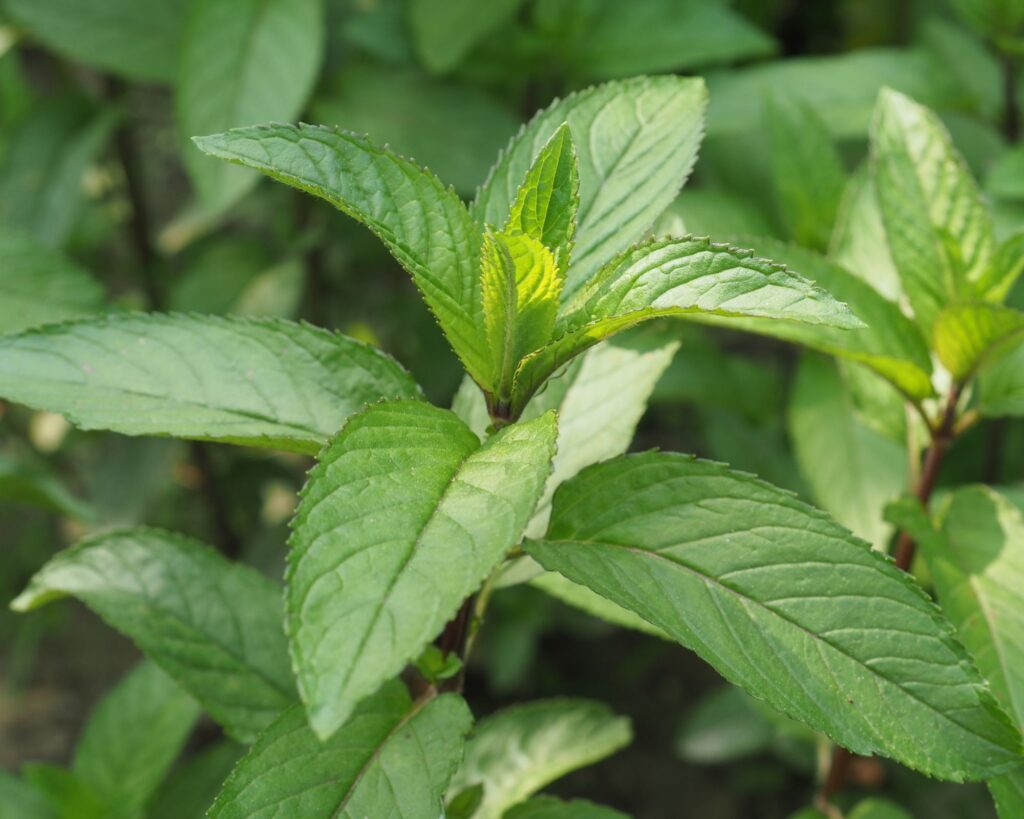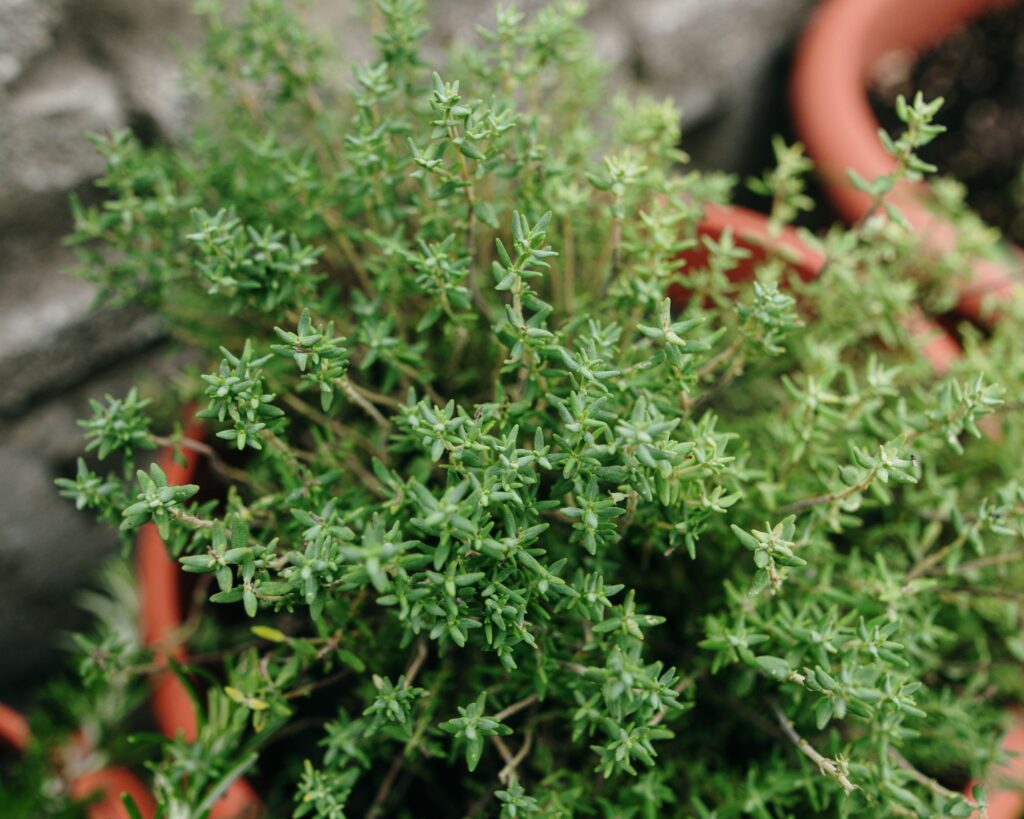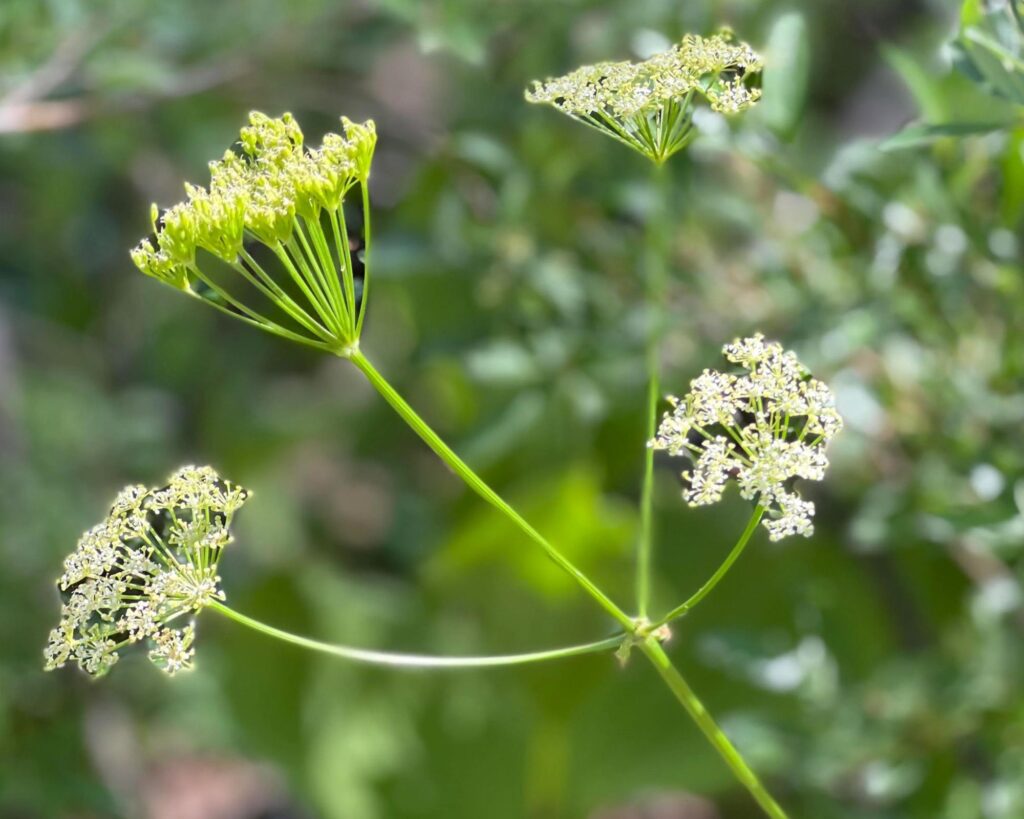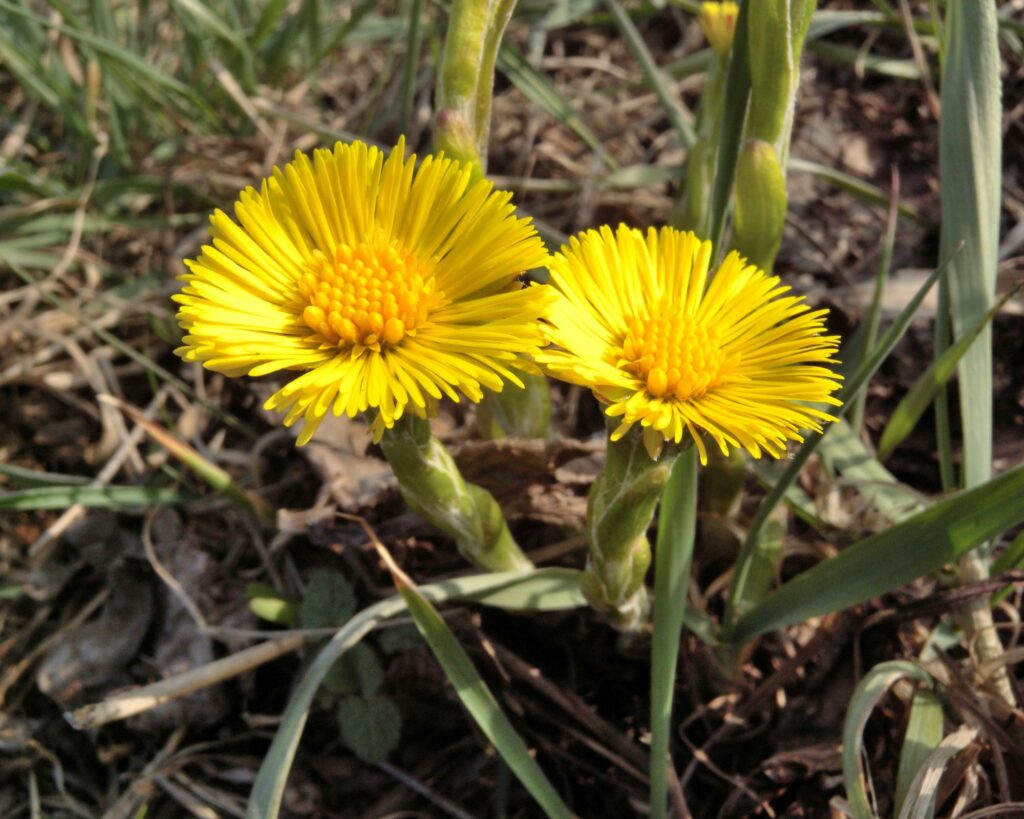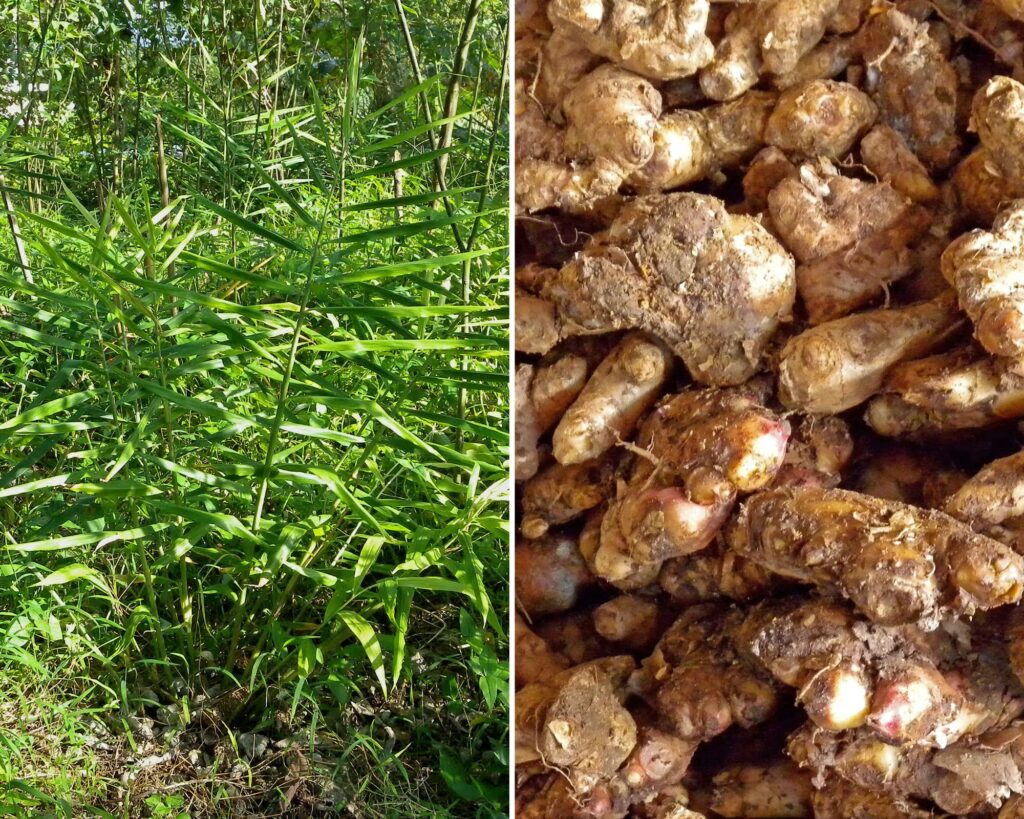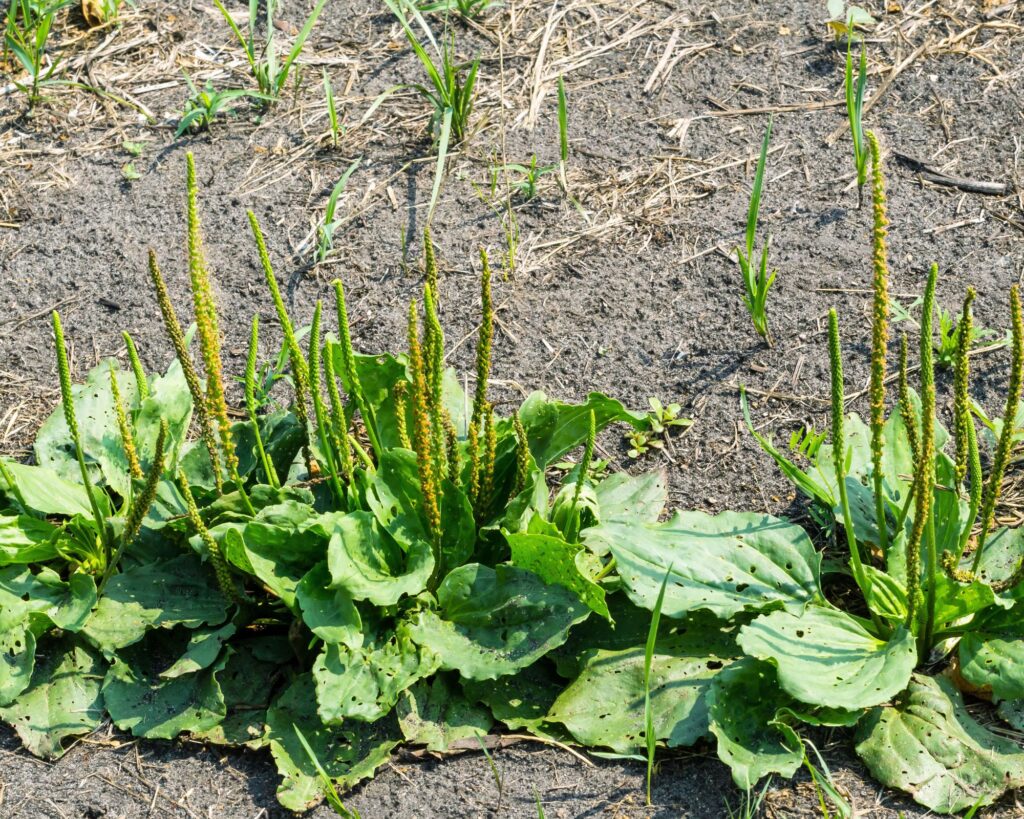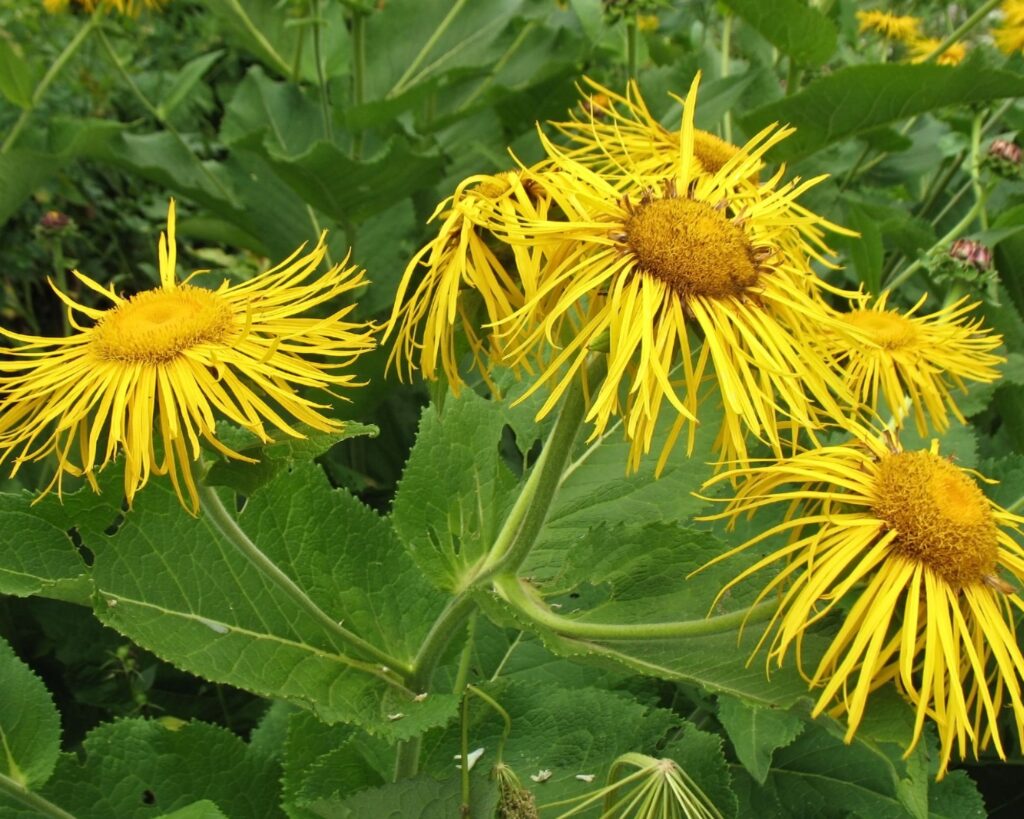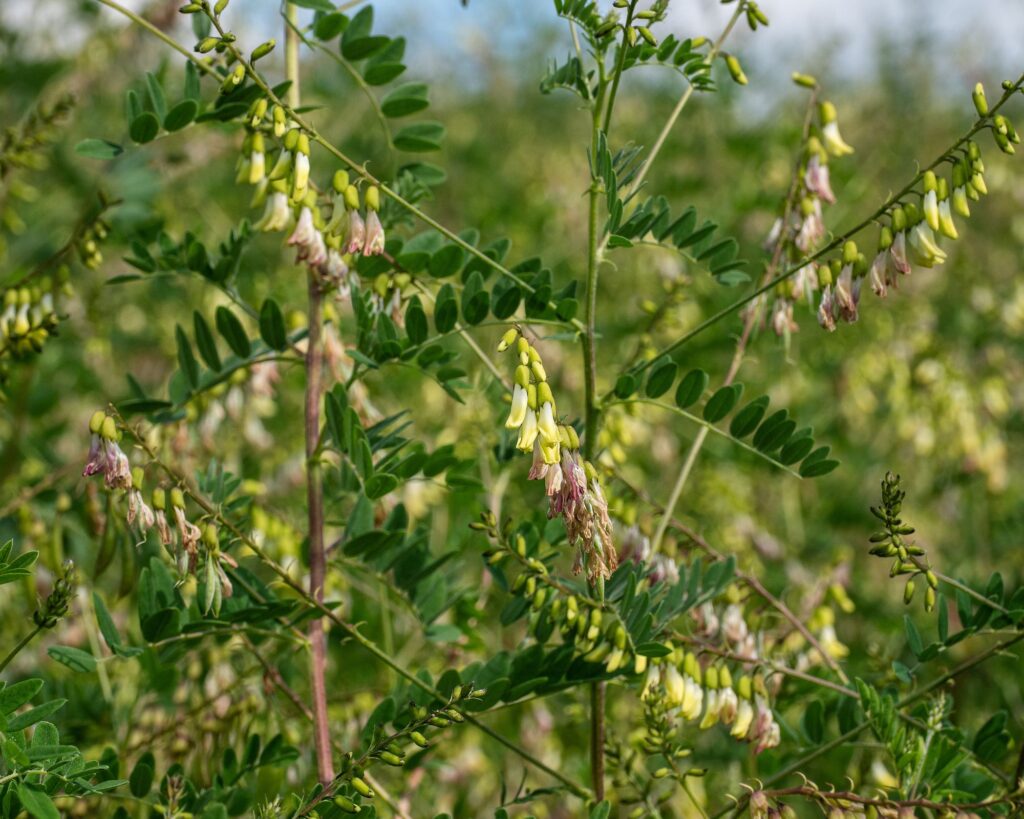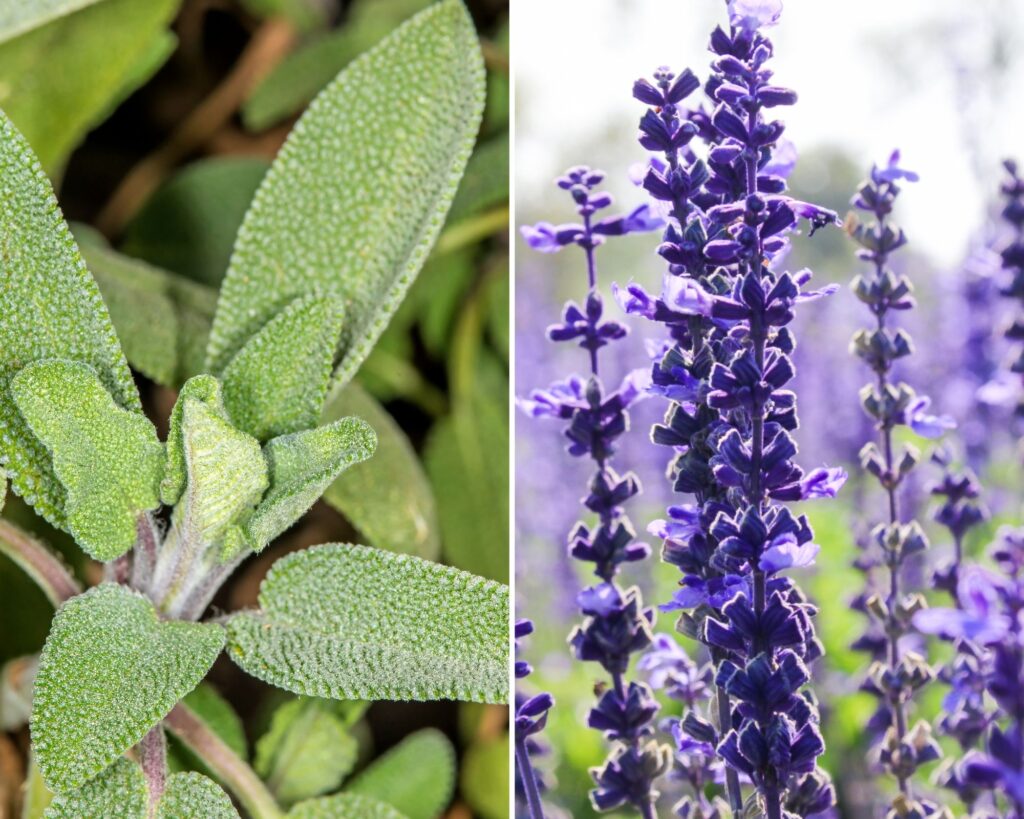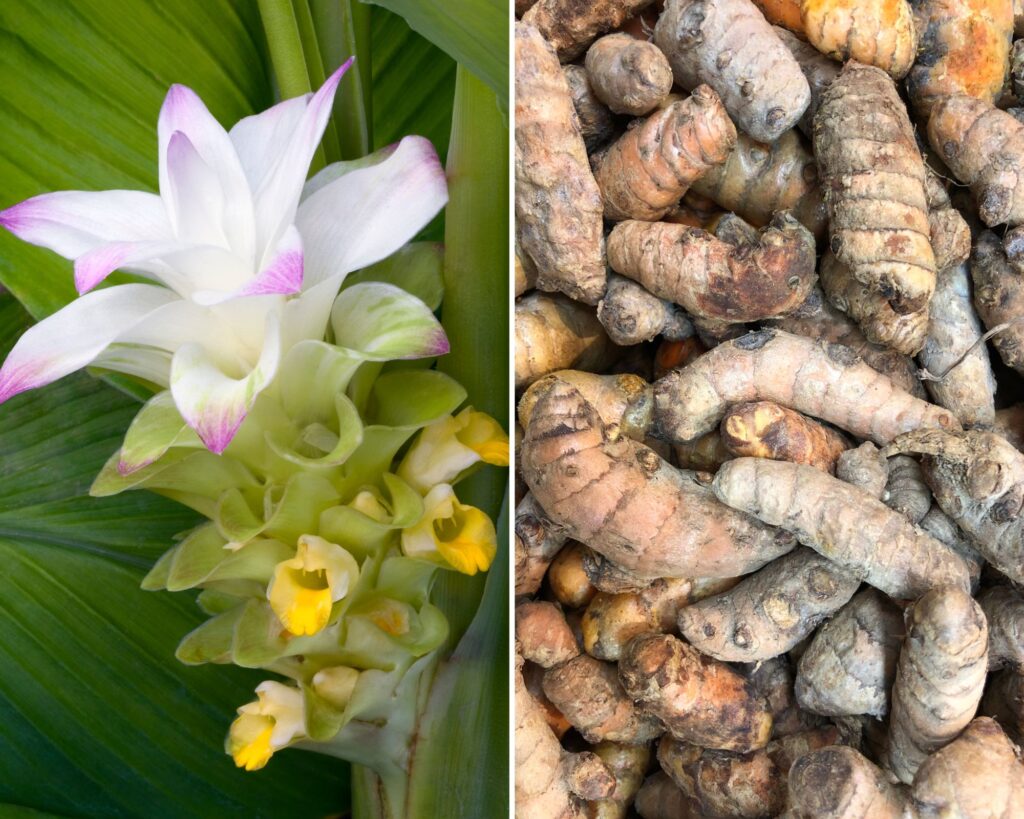The power of nature has always fascinated us, especially when it comes to healing. From soothing teas to potent essential oils, herbs have been used to treat respiratory issues for centuries.
Whether it’s asthma, bronchitis, or the occasional cold, our lungs are constantly in need of care, especially in today’s world filled with pollutants and toxins.
Could the answer to lung health be in your kitchen pantry? Let’s discover 15 herbs that might just be the natural solution to healing and protecting your lungs.
1. Mullein (Verbascum thapsus)
Mullein is a powerful herb traditionally used to treat respiratory issues such as asthma, bronchitis, and coughs. It works as an expectorant, helping to clear mucus from the lungs, and is often taken as a tea or tincture.
The soothing nature of mullein helps to relax bronchial tubes, making it easier to breathe.
- How it helps: Mullein’s ability to reduce inflammation and support mucus clearance can relieve respiratory discomfort, especially in conditions with excessive mucus production.
2. Eucalyptus (Eucalyptus globulus)
Eucalyptus is well-known for its menthol-like scent and has long been used to relieve coughs, colds, and sinus congestion.
It contains a compound called cineole, which is believed to help break down mucus, making it easier to expel from the lungs. Eucalyptus oil is commonly found in lozenges, chest rubs, and steam inhalations.
- How it helps: Eucalyptus opens up the airways, reduces inflammation, and fights bacteria and viruses, supporting overall respiratory health.
3. Licorice Root (Glycyrrhiza glabra)
Licorice root is a soothing herb that acts as a demulcent, meaning it forms a protective layer over inflamed or irritated tissue. This is especially useful in cases of chronic bronchitis, asthma, or a persistent cough.
Licorice root also has expectorant properties, aiding in the expulsion of mucus.
- How it helps: By reducing inflammation and irritation in the lungs, licorice root promotes healing and may prevent further damage to lung tissue.
4. Lobelia (Lobelia inflata)
Lobelia is sometimes referred to as “Indian tobacco” and has a long history of use for respiratory conditions. It contains an alkaloid called lobeline, which acts as a bronchodilator, opening up airways and facilitating easier breathing.
Historically, it has been used to treat asthma, pneumonia, and bronchitis.
- How it helps: Lobelia is particularly effective for asthma sufferers and those with bronchial spasms due to its bronchodilator effect.
5. Peppermint (Mentha × piperita)
Peppermint is not just a refreshing herb for teas and culinary uses; it also has respiratory benefits. The menthol in peppermint helps relax the muscles of the respiratory tract, making it easier to breathe.
It is also an effective decongestant, clearing blocked sinuses and nasal passages.
- How it helps: Peppermint helps clear airways, making it ideal for relieving congestion and soothing respiratory discomfort caused by colds or allergies.
6. Thyme (Thymus vulgaris)
Thyme is a potent antimicrobial herb that has been used for centuries to treat respiratory infections. The volatile oils in thyme, especially thymol, have been shown to fight bacteria and fungi while acting as an expectorant.
This makes thyme useful for treating conditions like bronchitis and pneumonia.
- How it helps: Thyme’s antimicrobial and expectorant properties help the lungs fight infection while clearing excess mucus.
7. Osha Root (Ligusticum porteri)
Native to the Rocky Mountains, Osha root has been used by Native Americans to treat respiratory issues like colds, flu, and bronchitis. It helps increase oxygen uptake in the lungs and has antiviral and anti-inflammatory properties.
- How it helps: Osha root enhances lung capacity and helps in clearing out mucus, making it particularly useful for those with chronic respiratory issues.
8. Coltsfoot (Tussilago farfara)
Coltsfoot has been used in traditional medicine for centuries as a remedy for lung and throat issues. It works as both a demulcent and expectorant, making it useful for relieving dry coughs and helping clear mucus.
- How it helps: Coltsfoot soothes inflamed lung tissues and helps to clear mucus, providing relief for conditions like bronchitis and asthma.
9. Ginger (Zingiber officinale)
Ginger is widely recognized for its anti-inflammatory and antioxidant properties, which can help reduce inflammation in the airways. It also stimulates circulation in the lungs, helping to break down mucus and make it easier to expel.
- How it helps: Ginger supports lung health by reducing inflammation and promoting the clearance of mucus, making it ideal for conditions like colds and bronchitis.
10. Plantain (Plantago major)
Not to be confused with the banana-like fruit, plantain is a medicinal herb known for its soothing and anti-inflammatory properties. It helps calm irritated mucous membranes in the lungs and acts as an expectorant to clear mucus.
- How it helps: Plantain is particularly useful for treating dry, irritated coughs and inflammation of the bronchial tubes.
11. Elecampane (Inula helenium)
Elecampane is an herb commonly used for respiratory issues due to its expectorant properties. It contains inulin, which helps soothe and protect mucous membranes in the lungs.
Elecampane is particularly effective for chronic conditions like asthma, bronchitis, and tuberculosis.
- How it helps: Elecampane helps expel mucus and calm irritation in the respiratory tract, making it ideal for chronic lung conditions.
12. Astragalus (Astragalus membranaceus)
Astragalus is a traditional Chinese herb known for its immune-boosting properties. It helps protect the lungs from infection and can support the respiratory system during conditions like colds, flu, and chronic asthma.
- How it helps: Astragalus strengthens the immune system and supports lung function, particularly in fighting off respiratory infections.
13. Marshmallow Root (Althaea officinalis)
Marshmallow root is a demulcent herb that helps soothe irritated mucous membranes in the respiratory system. It’s often used in herbal syrups and teas for coughs, colds, and bronchial infections.
- How it helps: Marshmallow root soothes irritation and inflammation in the lungs, providing relief from persistent coughing and bronchial spasms.
14. Sage (Salvia officinalis)
Sage is known for its antimicrobial and astringent properties. It can help alleviate sore throats and respiratory infections when taken as a tea or inhaled as steam.
Sage contains compounds that help clear congestion and reduce inflammation in the airways.
- How it helps: Sage is effective in treating respiratory infections and helps to clear mucus while soothing irritated tissues.
15. Turmeric (Curcuma longa)
Turmeric, particularly its active compound curcumin, is well known for its anti-inflammatory properties. It helps reduce inflammation in the airways, making it easier to breathe.
Turmeric also has antioxidant properties, which may help protect lung tissue from damage due to pollution or smoking.
- How it helps: Turmeric’s powerful anti-inflammatory effects can ease conditions like asthma, bronchitis, and other chronic lung conditions.

